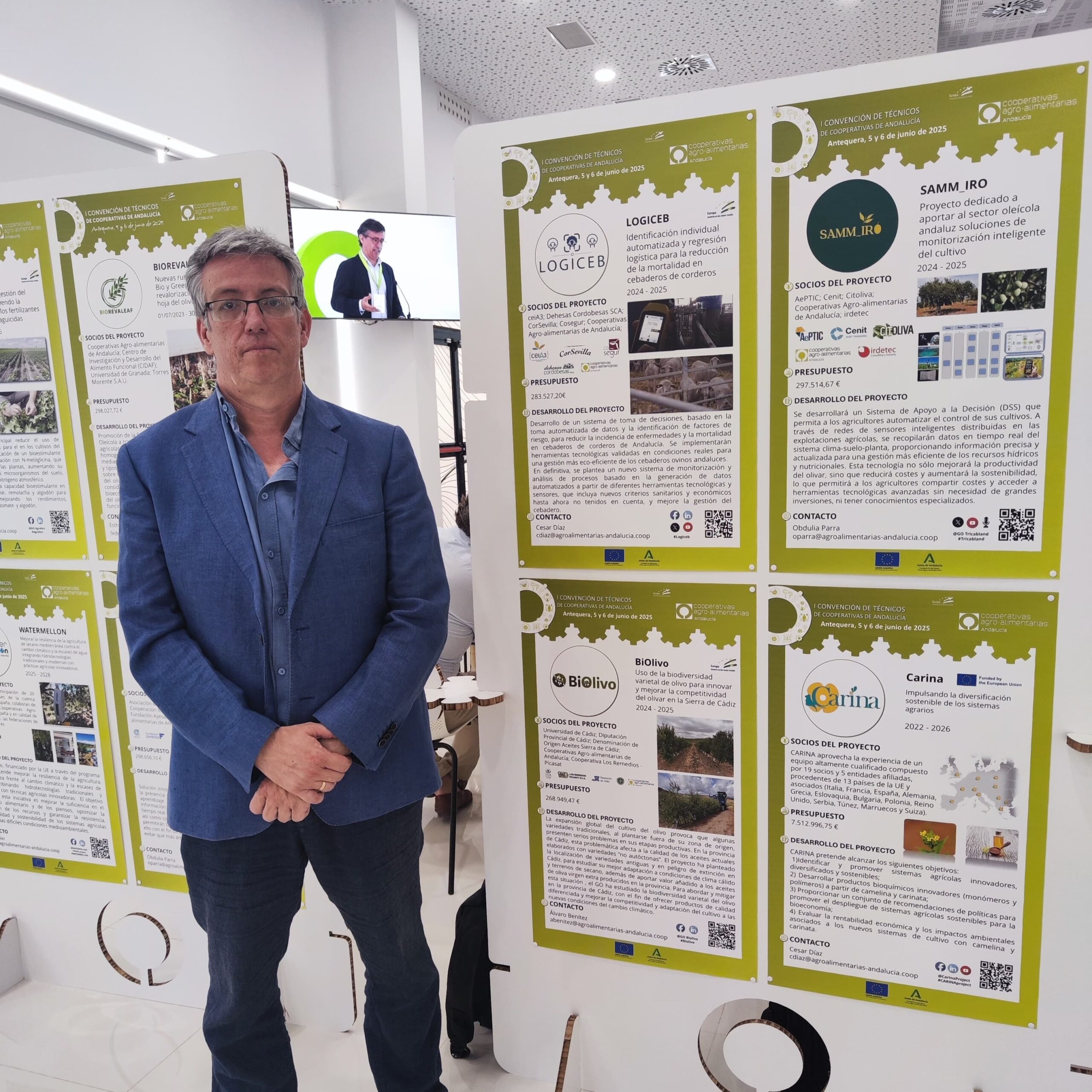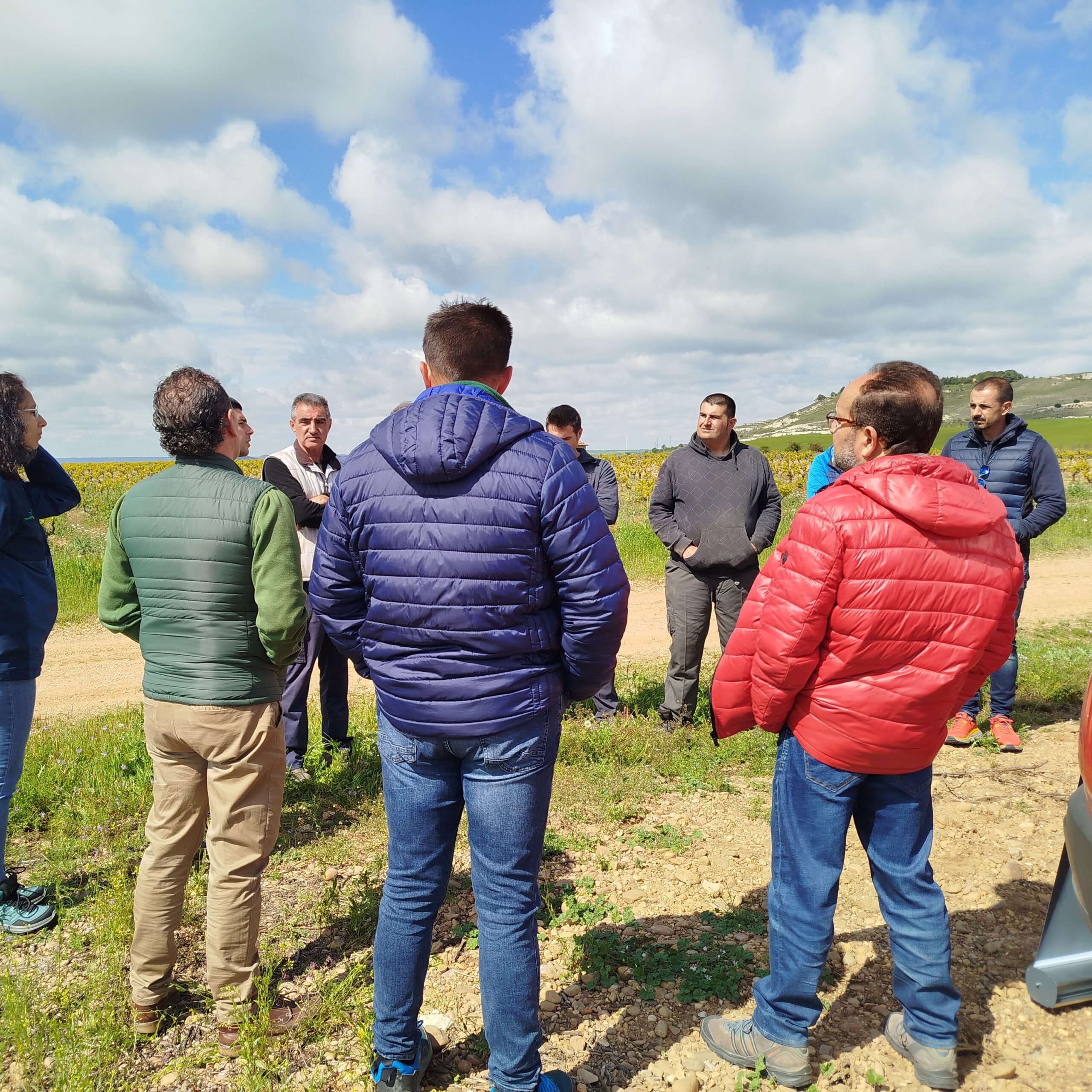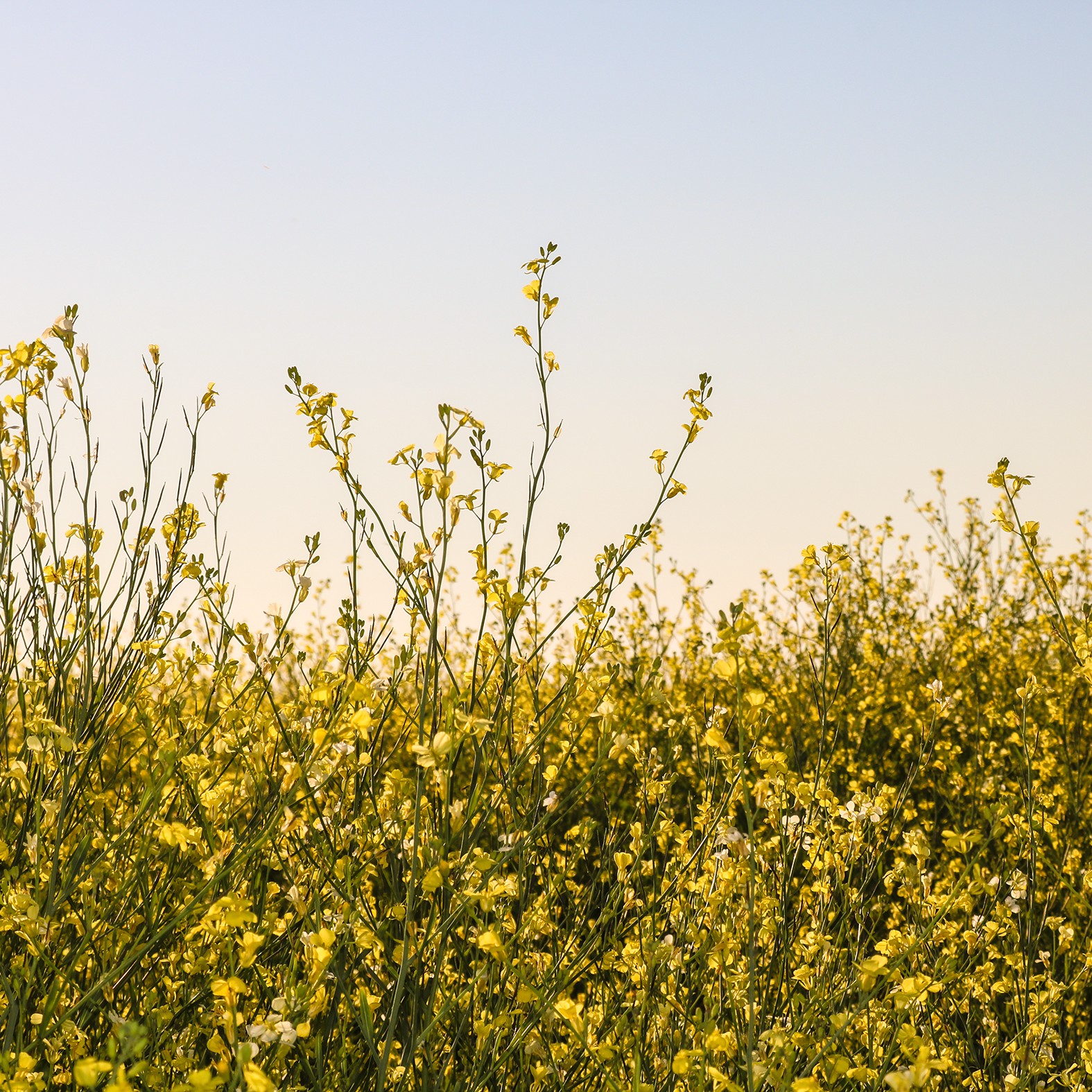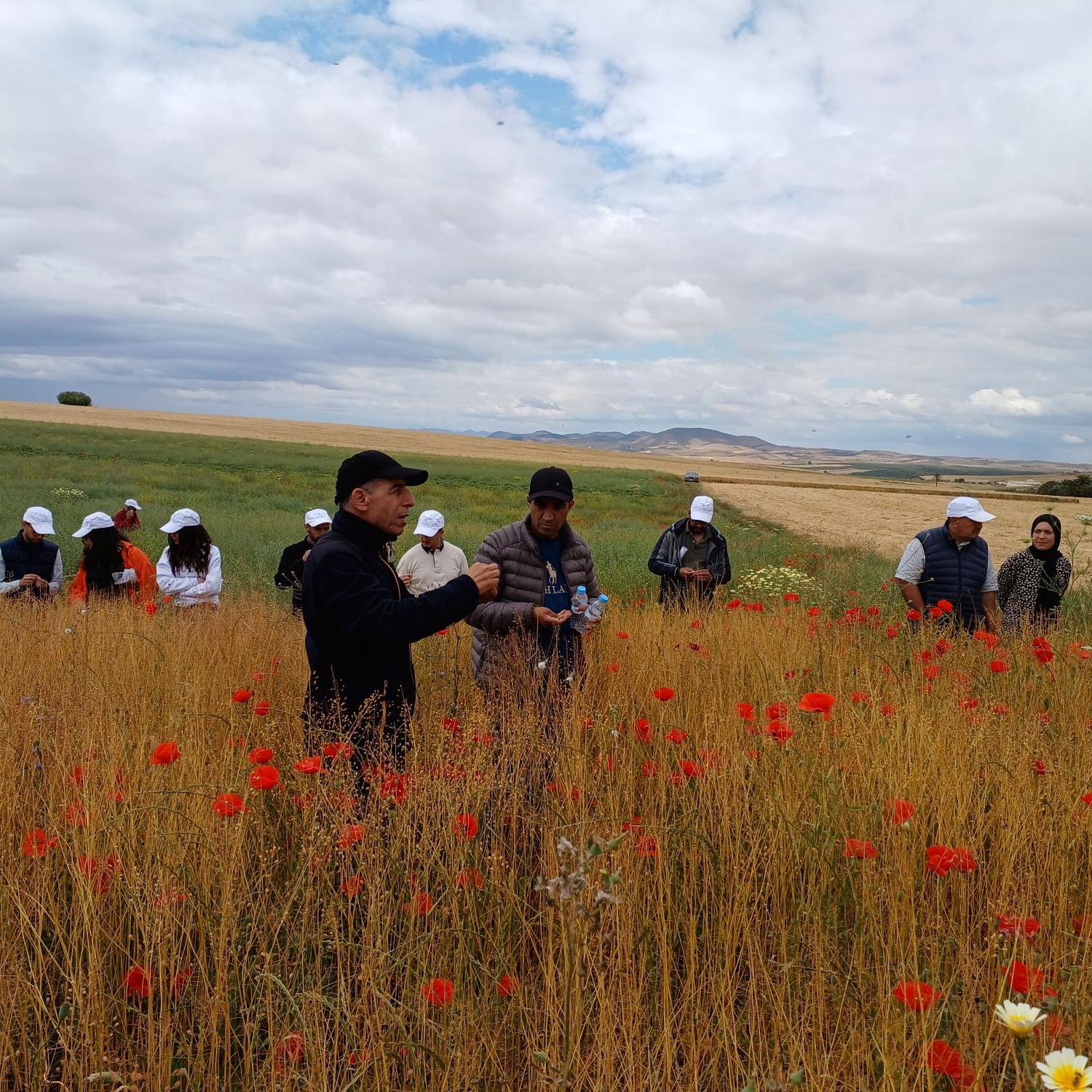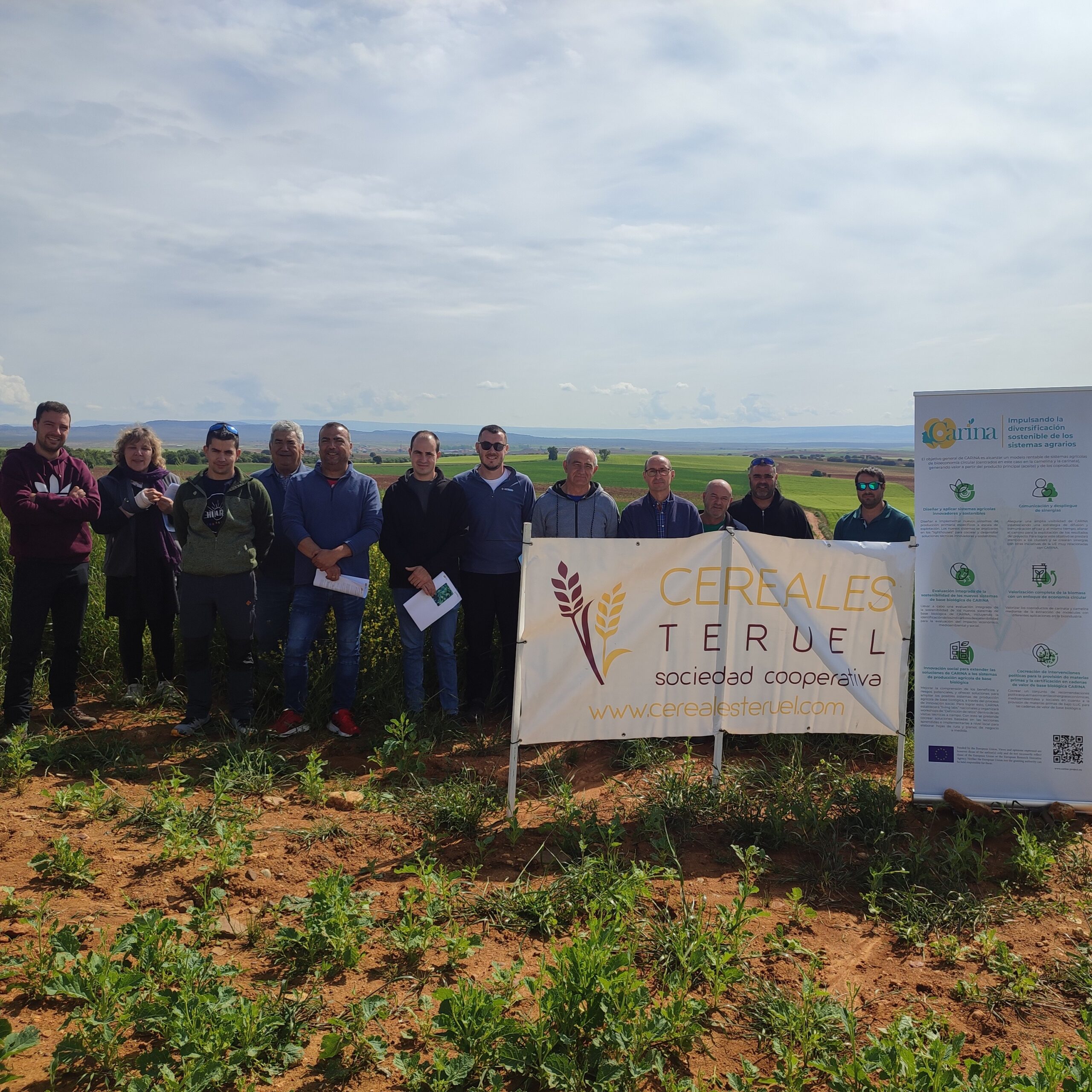One of the objectives of the CARINA project is to design and implement new site-specific primary production systems at farm scale. The new systems will be thoroughly analysed within the lighthouses to co-create and develop innovative and sustainable technical solutions.
In this line, three ways of production of camelina and carinata have been studied within the framework of the project. Both crops are being tested in double cropping systems as winter or summer intermediate crops, in intercropping systems with a companion crop, or as intermediate crops replacing fallow periods on marginal lands.
A total of 158 field trials of these two oilseed crops were carried out in Bulgaria, Spain, France, Greece, Italy, Morocco, Poland, Serbia, and Tunisia. Additionally, 28 demonstration field days were organized to discuss these trials with local stakeholders such as farmers, seed companies, practitioners, and cooperatives. The initial results show a good potential for the development of camelina and carinata on marginal lands. Likewise, the crops such as summer or winter intermediate crop in a double cropping system seem promising. Nevertheless, the growth cycle of carinata appears to be too long when sown in autumn to allow for the seeding of a following summer food crop. Regarding intercropping, various companion crops have been tested, such as peas and lentils, showing encouraging results.
However, several technical challenges need to be addressed, such as seeding density balance in the intercropping systems, crop protection, and harvest management.
The work will continue within the project, allowing for the improvement of farming practices for each system studied, according to specific soil and climatic conditions.
As part of the Horizon Europe programme, the CARINA Project contributes to this goal by promoting sustainable practices through the use of camelina and carinata—low-input crops selected for their adaptability and bio-based potential. These oilseeds are used to develop biofuels, bioplastics, bio-herbicides, and animal feed, contributing to the bioeconomy and helping farmers transition to more climate-resilient practices.
To present our goals and actions clearly, we’ve created seven Practice Abstracts (PAs), which summarize CARINA’s key activities and the agronomic characteristics of our focus crops. These PAs are structured to help final users—like farmers and advisors—understand the project’s objectives, methodology, and expected results.
Stay tuned as we begin sharing each Practice Abstract in this new campaign!


